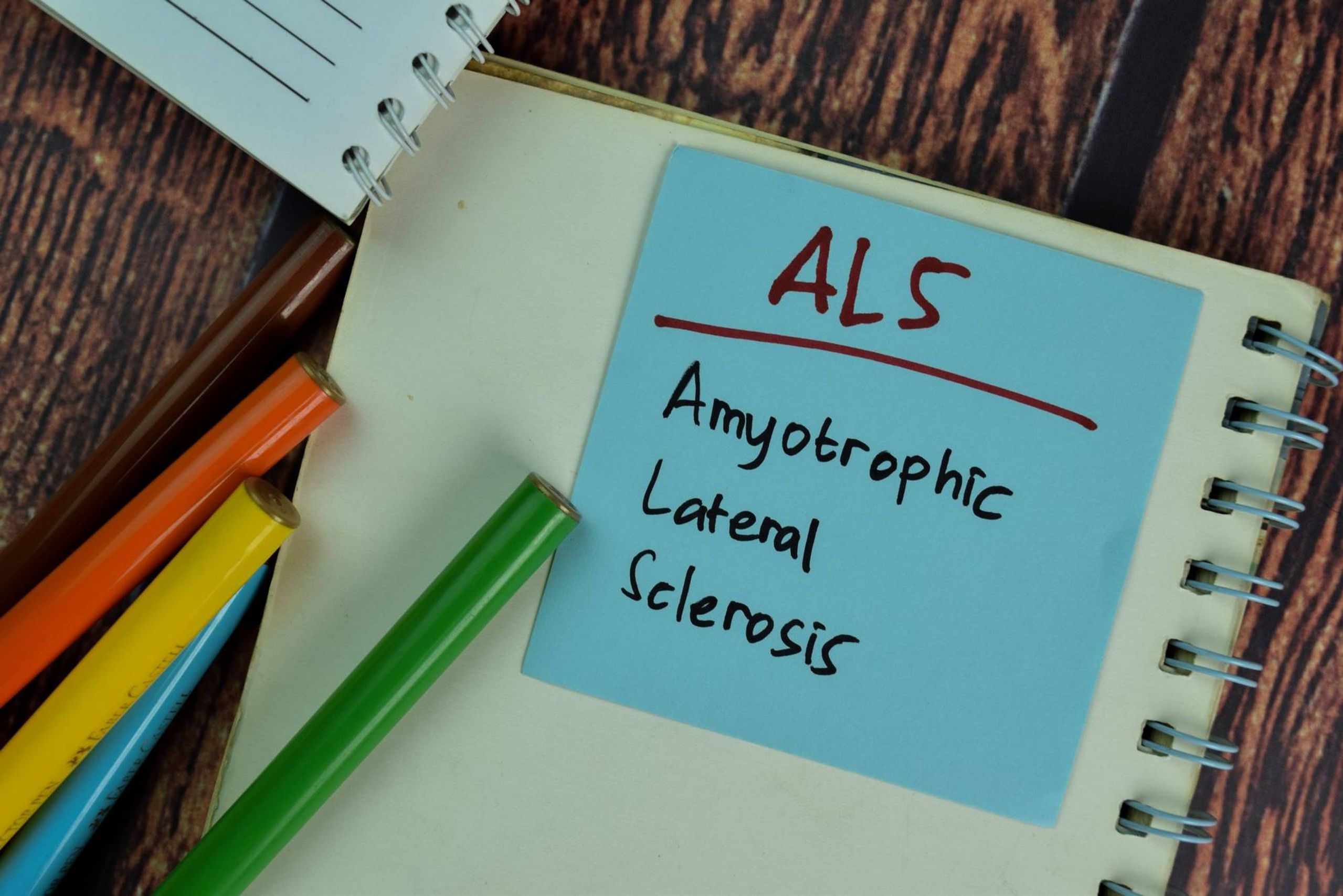Learning to Live While Dying
A former college dean with ALS shared insights in his book
Editor’s note: This article originally appeared in January 2015. Bruce Kramer died from complications from ALS on March 23, 2015.

Bruce Kramer is feeling tired the day I visit him at his condo near Minneapolis. He sits in his wheelchair, head propped up, a machine wheezing as it blows air in and out of his lungs through a tube in his nose.
On the surface, things look bad, and in fact, they are. Kramer is dying. At 58, the former college dean struggles through the final stages of amyotrophic lateral sclerosis (ALS), or Lou Gehrig's disease. He was diagnosed four years ago, and he doesn't sugarcoat the devastation he has experienced.
"I found that by embracing it, it actually has become, in many ways, a friend."
Yet what comes through most powerfully in Kramer's story, detailed in an upcoming book, is not the pain but the quiet surge of gratitude and joy he has discovered in confronting his imminent death.
"I found that by embracing it, it actually has become, in many ways, a friend," Kramer says. "When you embrace your death, it just opens up vistas for you. Things mean much more to you because you know they're passing."
Going Public With His Struggle
Kramer's story has become known in the Twin Cities through a series of interviews by Cathy Wurzer, host of Minnesota Public Radio's Morning Edition program, and many have read his blog, Dis Ease Diary.
As Kramer nears the end of his life, he and Wurzer have collaborated on a book, We Know How This Ends: Living While Dying. Publication by the University of Minnesota Press is scheduled for April.
Though he feels his energy sapped more and more each week, Kramer says he felt motivated to write because the uncomfortable subject of dying is too often avoided.
"There's just not a lot out there where people are writing honestly, talking honestly, about what this is like," he says. "And I don't mean just ALS. I mean the whole experience of a major disease that is profoundly going to affect your life, to the point of death."
Kramer decided he had some choices. "One of the choices was to try to communicate about what this is like in a way that might be helpful for people," he says.
A Good Life — Then the Diagnosis
In 2010, Kramer was at the top of his game. He was dean of the College of Education, Leadership and Counseling at the University of St. Thomas in Minneapolis, Minn.; he and his wife, Evelyn Emerson, were taking long bicycle rides and they were proudly watching their two sons establish themselves as adults. He dismissed his early symptoms, including a "floppy" left foot and leg weakness, as nothing more than a pinched nerve.
Kramer finally sought medical advice after several falls and increasing fatigue. A neurologist, exhibiting the warmth of Darth Vader, delivered the bad news: Kramer had ALS, a degenerative disease in which the muscles eventually lose all strength — leaving one with the inability to move, talk and even breathe.
At first, he says, he felt the diagnosis was his personal Armageddon.
"For about a day, I thought it was all about me," Kramer recalls. "Then you begin to realize you've just ridden through a big mud puddle and it got all over everybody."
A New Normal
Grief and shock roiled the Kramers' world. What would happen to them, to their close relationship? What would the financial consequences be of Kramer not working? Or the emotional and physical consequences for his wife when she became his caretaker?
Despite the fear, they did not retreat into the false comfort of denial.
"In the denial is the anger and frustration," Kramer says. Instead, they "got on for the ride."
The Journalist Joins the Story
Wurzer's involvement in the project brings another fascinating layer to the book. As time goes on, the reader learns, Wurzer finds Kramer's experience mirroring that of her own father as he descends into the frightening world of dementia.
Wurzer never anticipated that her work with Kramer would draw her in on such a personal level. A consummate professional with two decades of experience in radio and television, Wurzer, 52, was mortified when one conversation with Kramer and his wife about caretaking brought her to tears.
"Death isn't taking control — it is fear that's taking control," he says.
But Wurzer realized, as she told Kramer, "You invited me in, and I had to be all in."
Kramer prepared her well for her father's death in March 2014, Wurzer says. He also taught her to genuinely be with her father on an emotional level during his last year and not just try to fix things. "I'm a big fixer," Wurzer says.
Live Until the End
Kramer says he knows of families who have been unwilling to let their loved ones die as they wished. They push for more and more treatment when the sick person is ready to welcome the end.
"We know in our hearts what the right thing to do is…. Death isn't taking control — it is fear that's taking control," he says.
"So embrace this, and really live out the final days of your life with the gifts that are there, rather than thinking you're going to fight it. Let death open up your life to you."


